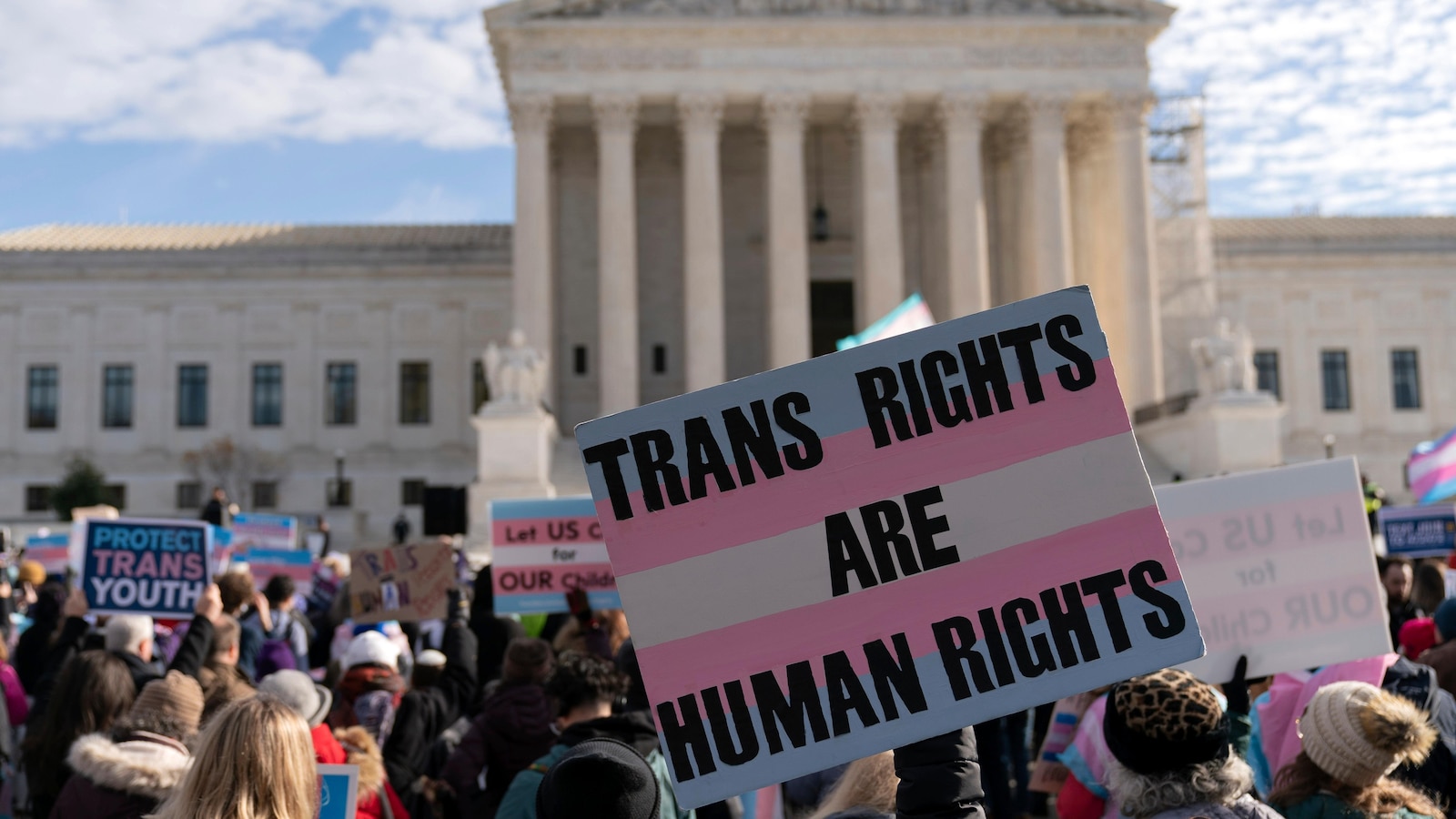Hospitals Reassess Gender-Affirming Care in Light of New Executive Orders
In recent weeks, several hospitals across the United States have announced a temporary halt to gender-affirming care as they reassess their policies in light of new executive orders issued by former President Donald Trump. This development raises significant questions about the future of gender-affirming healthcare services and the broader political landscape affecting these vital medical treatments. As healthcare providers navigate the complexities of these changes, the implications for patients seeking gender-affirming care are profound.
Understanding the Context of Gender-Affirming Care
Gender-affirming care encompasses a range of medical, psychological, and social support services for individuals who identify as transgender or gender non-conforming. This care is essential for many, as it can significantly improve mental health and overall well-being. Services may include hormone therapy, counseling, and surgical procedures aimed at aligning a person’s physical characteristics with their gender identity.
The importance of gender-affirming care has been widely recognized by health professionals and organizations, including the American Medical Association and the World Professional Association for Transgender Health. These organizations advocate for access to care as a critical component of health equity and human rights.
The Impact of New Executive Orders
The recent executive orders have introduced new regulations and guidelines that affect how hospitals and healthcare providers deliver gender-affirming care. Critics argue that these directives may impose unnecessary barriers to care, leading to a potential rollback of services that many patients rely on. The timing of these orders, coming at a moment when many hospitals are still recovering from the COVID-19 pandemic, adds an additional layer of complexity to the situation.
Some of the key implications of these executive orders include:
- Increased scrutiny and regulation: Hospitals may face new compliance requirements that complicate their ability to provide gender-affirming services.
- Potential funding cuts: Facilities that do not align with the new policies could risk losing federal funding, which is crucial for many healthcare systems.
- Legal challenges: There is a possibility of lawsuits arising from patients or advocacy groups opposing these changes, creating further uncertainty in the healthcare landscape.
Reactions from Healthcare Providers and Advocates
The decision to reassess gender-affirming care has evoked strong reactions from healthcare providers, LGBTQ+ advocates, and patients alike. Many healthcare professionals express concern that halting these services may exacerbate mental health issues among transgender individuals, who already face higher rates of anxiety, depression, and suicide.
Dr. Laura Mitchell, a leading endocrinologist specializing in transgender health, stated, “We have seen firsthand how gender-affirming care can transform lives. To halt these services due to political pressure is disheartening and potentially harmful to our patients.” This sentiment is echoed by numerous advocates and organizations fighting for LGBTQ+ rights, who argue that access to care should not be influenced by political agendas.
The Role of Hospitals in the Political Climate
As healthcare institutions navigate this politically charged environment, the challenge lies in balancing compliance with governmental regulations while maintaining a commitment to patient care. Many hospitals are now forming committees to evaluate their policies regarding gender-affirming care, with an emphasis on understanding the legal implications and ethical considerations.
Some hospitals have taken a proactive stance by openly supporting their transgender patients, regardless of the new executive orders. For instance, the LGBTQ+ Health Coalition in New York has collaborated with local hospitals to ensure that gender-affirming services remain accessible and that patient care is not compromised.
Looking Ahead: The Future of Gender-Affirming Care
The future of gender-affirming care in light of these recent executive orders remains uncertain. However, there are several potential pathways forward:
- Advocacy and Legal Action: Advocacy groups may escalate their efforts to challenge these executive orders in court, as they have in the past. Legal battles could set important precedents that either protect or restrict access to gender-affirming care.
- Policy Revisions: Hospitals may work to revise their internal policies to ensure that gender-affirming care is prioritized, even amid changing political climates.
- Community Support: Engagement with local communities and support networks can help sustain access to care. Building alliances with organizations that advocate for LGBTQ+ rights will be crucial.
Conclusion
As hospitals reassess gender-affirming care in light of new executive orders, the consequences for patients and the healthcare system are profound. While the political landscape continues to evolve, the commitment to providing essential healthcare services must remain steadfast. Advocates, healthcare providers, and patients must work together to ensure that access to gender-affirming care is preserved, fostering an environment where all individuals can receive the support they need to thrive.
In this challenging time, it’s essential to remember that gender-affirming care plays a critical role in the lives of many individuals. As discussions around these policies unfold, it’s vital that the voices of those affected by these changes are heard and that their rights to healthcare are advocated for and protected.
See more WebMD Network



